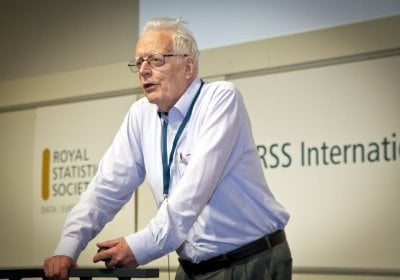Post-“Modern Epidemiology”: when methods meet matter
In the last third of the 20th century, etiological epidemiology within academia in high-income countries shifted its primary concern from attempting to tackle the apparent epidemic of non-communicable diseases to an increasing focus on developing statistical and causal inference methodologies. This move was mutually constitutive with the failure of applied epidemiology to make major progress, with many of the advances in understanding the causes of non-communicable diseases coming from outside the discipline, while ironically revealing the infectious origins of several major conditions.
Conversely, there were many examples of epidemiologic studies promoting ineffective interventions and little evident attempt to account for such failure. Major advances in concrete understanding of disease etiology have been driven by a willingness to learn about and incorporate into epidemiology developments in biology and cognate data science disciplines. If fundamental epidemiologic principles regarding the rooting of disease risk within populations are retained, recent methodological developments combined with increased biological understanding and data sciences capability should herald a fruitful post–modern.
George Davey Smith was a member of the noise-terrorism outfit Scum Auxiliary in the early 1980s. Since artistic and commercial success eluded them, he has had to earn his living working as an epidemiologist in the provinces.
This session will be recorded - the recording link will be available afterwards.
Admission
Contact

